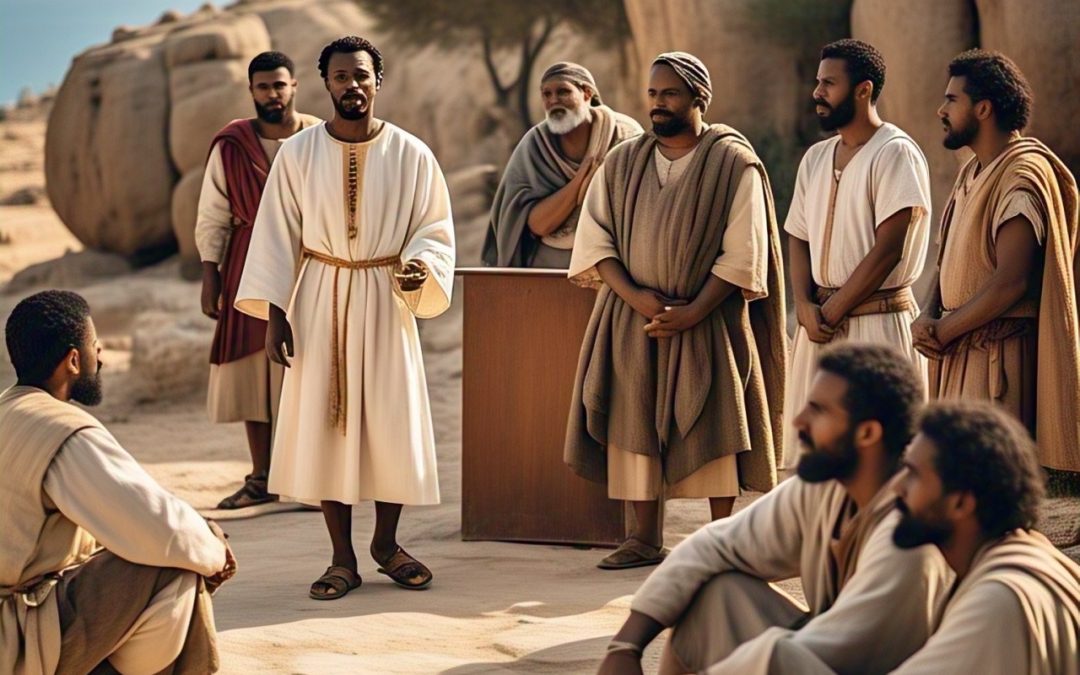The resurrection of Jesus Christ creates a new social reality. When early Christians proclaimed “He is risen,” they weren’t merely asserting a supernatural event but announcing the inauguration of God’s renewed world operating according to resurrection principles rather than the scarcity and self-protection that characterize fallen existence.
This resurrection faith naturally flows into practices of generosity and compassion. We see this connection clearly in the earliest Christian communities described in Acts, where believers “had all things in common” and “there was not a needy person among them” (Acts 4:32-34). This wasn’t incidental to their faith but a direct expression of resurrection conviction. Death’s defeat undermines the fear-based economics of accumulation and self-preservation.
If God has conquered death—our ultimate limitation—then limitations of resources need not govern our relationships with others. Resurrection faith liberates us from the anxiety that drives hoarding and indifference. If God’s abundance has overcome death’s scarcity, believers can risk generosity without fear of depletion.
This connection appears particularly in Paul’s collection for Jerusalem’s poor. He grounds this financial appeal not in guilt or obligation but in Christological generosity: “For you know the grace of our Lord Jesus Christ, that though he was rich, yet for your sake he became poor, so that you by his poverty might become rich” (2 Corinthians 8:9). Christ’s self-emptying movement from life through death to resurrection establishes the pattern for Christian generosity.
What makes resurrection-inspired compassion distinctive is its hopeful character. Unlike compassion driven by mere sympathy or social obligation, Christian generosity flows from conviction about ultimate reality, that God’s life-giving power has overcome death’s hold. This gives compassionate action a particular quality that combines present engagement with future hope.
Resurrection faith thus creates a community marked by what we might call “eschatological economics,” practices of sharing and care that anticipate the world’s ultimate restoration. The believer’s generosity becomes not just an ethical response but a proclamation that death and scarcity no longer have the final word.
In a world still deeply marked by fear, accumulation, and indifference, resurrection-shaped generosity is a powerful witness that another reality is possible where abundance rather than scarcity sets the terms for human relationship.
Prayer
God of Abundant Life,
You have not merely conquered death but established a new creation governed by generosity rather than fear. The empty tomb proclaims that scarcity, self-protection, and death itself have been overcome by Your life-giving power.
We confess that despite claiming resurrection faith, we often live according to the old economics of anxiety and accumulation. We clutch tightly to possessions, time, and security as though these were ultimately ours to control. Forgive our practical atheism that affirms Christ’s rising with our lips but denies its implications in our financial choices and relational priorities.
Transform our hearts and hands by resurrection power. Free us from the fear that inhibits generosity and the apathy that blinds us to others’ needs. Replace our scarcity mindset with abundant trust that You who conquered death can surely sustain us as we share freely with others.
Guide us to particular acts of compassion that embody resurrection hope in tangible ways, sharing resources, offering hospitality, advocating for justice, extending forgiveness, and creating communities where “there is no needy person among us.”
When generosity feels risky or compassion becomes costly, remind us of the empty tomb and its promise that giving does not deplete but participates in Your divine abundance. May our open hands and open hearts become living testimonies that Christ is risen indeed.
Through Jesus Christ, the firstfruits of the new creation, who lives and reigns with You and the Holy Spirit, one God, forever and ever.
Amen.


Recent Comments